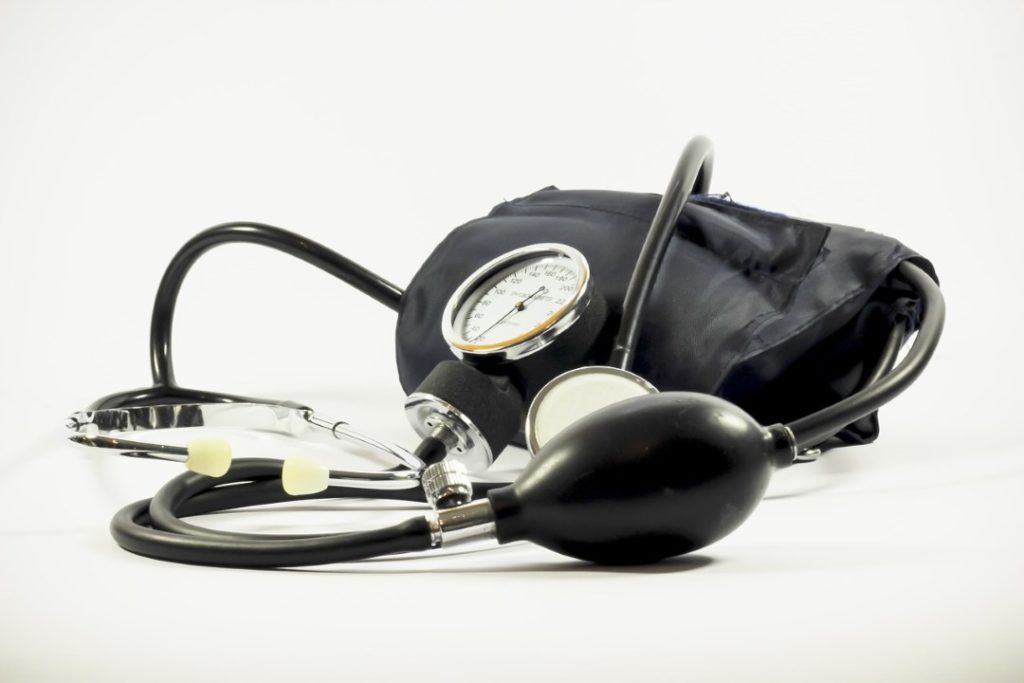
Hypotension is the medical term for low blood pressure (less than 90/60 mm Hg). Optimal blood pressure is less than 120/80 mm Hg. In healthy people, low blood pressure without any symptoms is not usually a concern and does not need to be treated. But low blood pressure can be a sign of an underlying problem especially in the elderly where it may cause inadequate blood flow to the heart, brain, and other vital organs.
As long as you are not experiencing signs of low blood pressure, there is no need for concern. Most doctors consider chronically low blood pressure dangerous only if it causes noticeable signs and symptoms.
Signs and symptoms of low blood pressure
- Dizziness or light-headedness
- Fainting (called syncope)
- Dehydration and unusual thirst
- Unsteadiness, lack of concentration
- Blurred vision
- Heartbeats that suddenly become more noticeable (palpitations)
- Confusion
- Feeling sick (nausea)
- Fatigue (In general, chronic low blood pressure does not cause fatigue. If someone’s blood pressure drops suddenly (due to an infection or a heart problem or of dehydration, etc) then one can feel tired, lightheaded and sick. This is a serious, ICU level condition.)
- Depression
As long as no signs of low blood pressure are present, it is not a problem. However, if your blood pressure is normally higher or if you are experiencing any of the symptoms listed above, your low pressure may have an underlying cause.
If you think you may be experiencing an episode of low blood pressure, you should:
- stop what you’re doing
- sit or lie down
- drink some water
The symptoms will usually pass after a few seconds or minutes.
Like this:
Like Loading...
Related Articles
 Hypotension is the medical term for low blood pressure (less than 90/60 mm Hg). Optimal blood pressure is less than 120/80 mm Hg. In healthy people, low blood pressure without any symptoms is not usually a concern and does not need to be treated. But low blood pressure can be a sign of an underlying problem especially in the elderly where it may cause inadequate blood flow to the heart, brain, and other vital organs.
As long as you are not experiencing signs of low blood pressure, there is no need for concern. Most doctors consider chronically low blood pressure dangerous only if it causes noticeable signs and symptoms.
Hypotension is the medical term for low blood pressure (less than 90/60 mm Hg). Optimal blood pressure is less than 120/80 mm Hg. In healthy people, low blood pressure without any symptoms is not usually a concern and does not need to be treated. But low blood pressure can be a sign of an underlying problem especially in the elderly where it may cause inadequate blood flow to the heart, brain, and other vital organs.
As long as you are not experiencing signs of low blood pressure, there is no need for concern. Most doctors consider chronically low blood pressure dangerous only if it causes noticeable signs and symptoms.